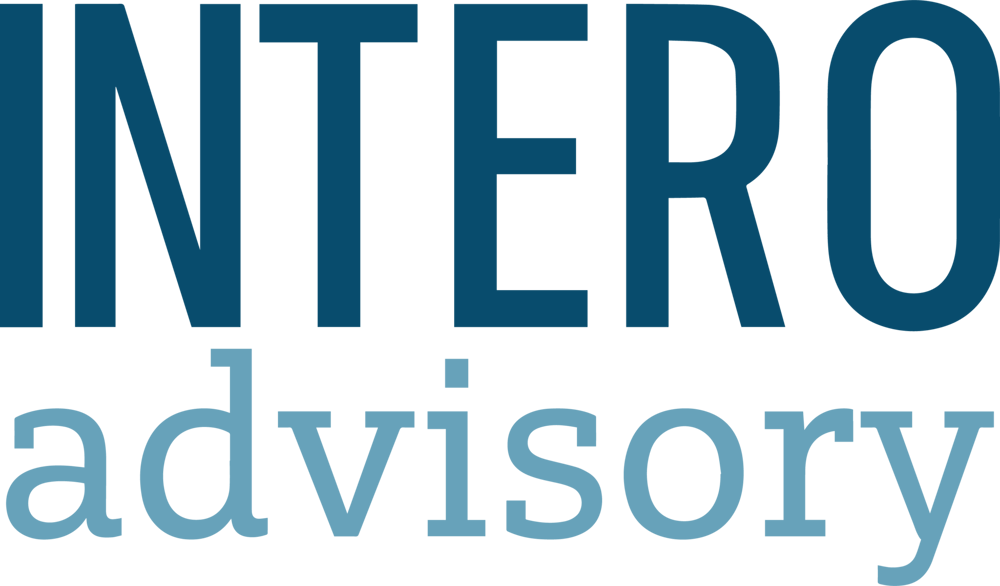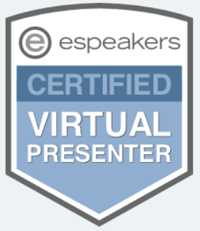SS: This post was originally published in August 2014 by Erin Miller and to this day it could not be more true. As I have taken over the external recruiting for Erin while she is on maternity leave, I have learned how challenging as well as how satisfying it is to find the client’s ideal candidate. Enjoy!
I’m just getting my start as an external recruiter. For years, I worked on hiring and recruiting, but always internally. I knew the company: I understood the roles, the challenges, the personalities and what the missing piece of the jigsaw puzzle was. And I really like doing puzzles. It’s so satisfying when you find the right piece! For me, taking the position as a recruiter at Intero has been such an awesome opportunity to find the right piece, over and over again.
But with any new adventure, there comes great challenges. And I must admit, I think I underestimated just how different the experience of external recruiting would be. It’s a bit like when I was a kid and was finally allowed to make my own plate at Thanksgiving. I would pile on the stuffing and cranberry sauce and think, “This is going to be the greatest dinner EVERRRR!!” About ten minutes later, I would sheepishly tug on my mom’s sleeve and admit that I couldn’t finish my plate and my mom would say, “Your eyes were bigger than your stomach, huh?” Well folks, apparently old habits die hard.
So, I had a moment of feeling (and worrying) that my eyes were bigger than my stomach with my new role. I would reach out to one of my clients and not hear back for days; a candidate would ask a question that I did not yet know the answer to, because I had only just started working with the company. I felt like a fish out of water. A fish with big old bulging eyes, that were way bigger than her stomach. But as time has gone on, I have realized that the road to a successful recruiting project is not long or complicated. There are a few things that companies and recruiters can work together on that make the process run very smoothly. For Recruiters, here are a few things to keep in mind as you begin to work with a new company. If you are a business owner, consider this information as you bring a recruiter in to assist with hiring.
Point of Contact
Every recruiter should have a strong point of contact to work with. When a company hires an external recruiter for a search, it is safe to assume the recruiter is going to have questions. It is also safe to assume that this person is going to need an internal advocate, someone who can show them the ropes – everything from how the company schedules interviews or sends out communication to applicants, to where a candidate should park when they come in for an interview.
Many times, the point of contact during the search will be a member of the Human Resources team. Another really effective and helpful strategy is to make the hiring manager the point of contact. The hiring manager is such a strong resource for a recruiter. They can best articulate the answers to questions like, “What are the main expectations for this role within the first 6-9 months?” or “What could growth look like in this role?”
Whichever way you decide to go, it is most important that the point of contact be accessible and invested in the search. If the recruiter is not able to get answers to their questions, or if the process becomes drawn out due to unknown delays, you risk the worst outcome of all – finding a puzzle piece that doesn’t really fit.
The job description
It is always ideal for a company to have a job description ready to go. It is difficult for the recruiter, who has not worked in the company, to write a job description from scratch. We may not realize it, but there is a lot of internal knowledge and know-how that goes in to job descriptions. Phrasing, acronyms, industry jargon, company culture: these are all things that the recruiter is learning about, but may not have worked in to their vernacular yet.
And a well-written job description can be a huge resource for a recruiter. Recruiters can build a list of effective interview questions from it. They can create a profile for the ideal candidate. The job description can help a recruiter to understand a lot about the search without taking up the valuable time of team members. If at all possible, having that job description ready to go is the best way to kick off a relationship with a recruiter.
Strategy
There are a lot of details of the search and hiring process to consider. It is important for companies to have a clear idea of strategy before reaching out to a recruiter; especially if they’re working on a tight timeline. Some examples of questions to help to focus strategy are:
- What does the start date need to be for this position?
- What will the interview process be? Who participates in the first interview, second interview? Will there be additional evaluation tools and assessments?
- Who or what group of team members will be responsible for making the final decision on a candidate?
Certainly, a recruiter is always prepared to make recommendations regarding strategy, however they may not be aware of the process you’ve followed in the past. Defining expectations at the start of a relationship is always a best practice. Understanding a company’s expectations at the beginning of a search is important for recruiters, so that they can plan and time their efforts accordingly. And, of course, so that they can find the right piece of the puzzle; the one that fits perfectly!
I will always be growing and developing in my role. I kind of like the idea that I can share my experiences and insights with an audience as I go. And I will look to my audience to share their own insight and learning as well. So, let’s go on this journey together. It is bound to be a good one.


